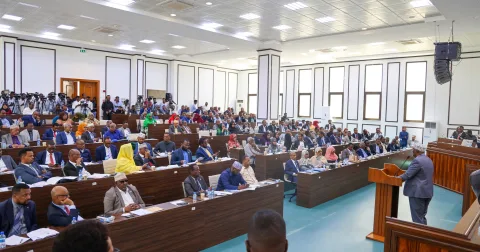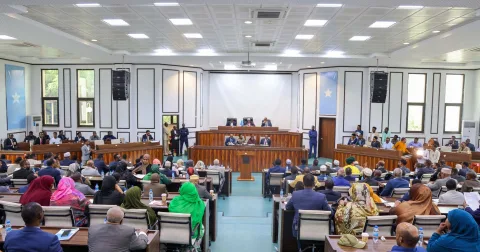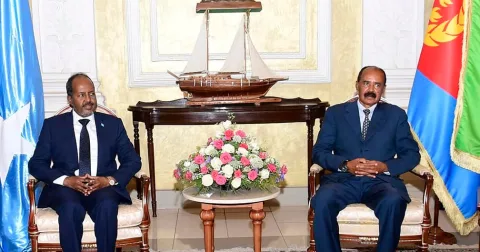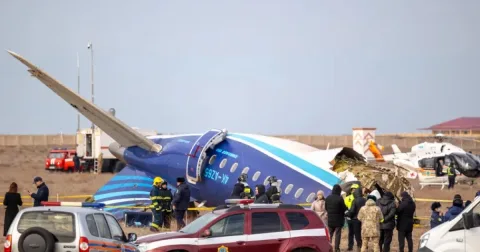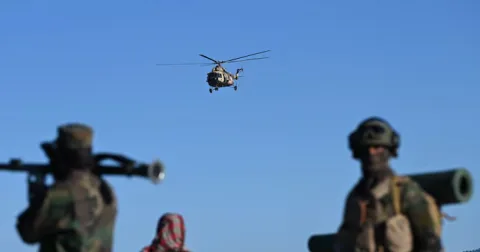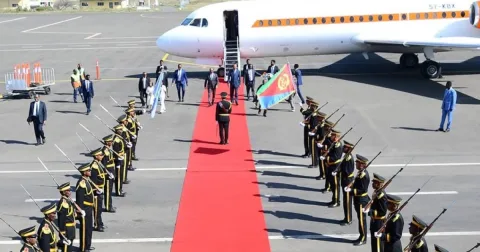In a tumultuous meeting of Somalia’s National Consultative Council, the country’s path to democratic elections has…
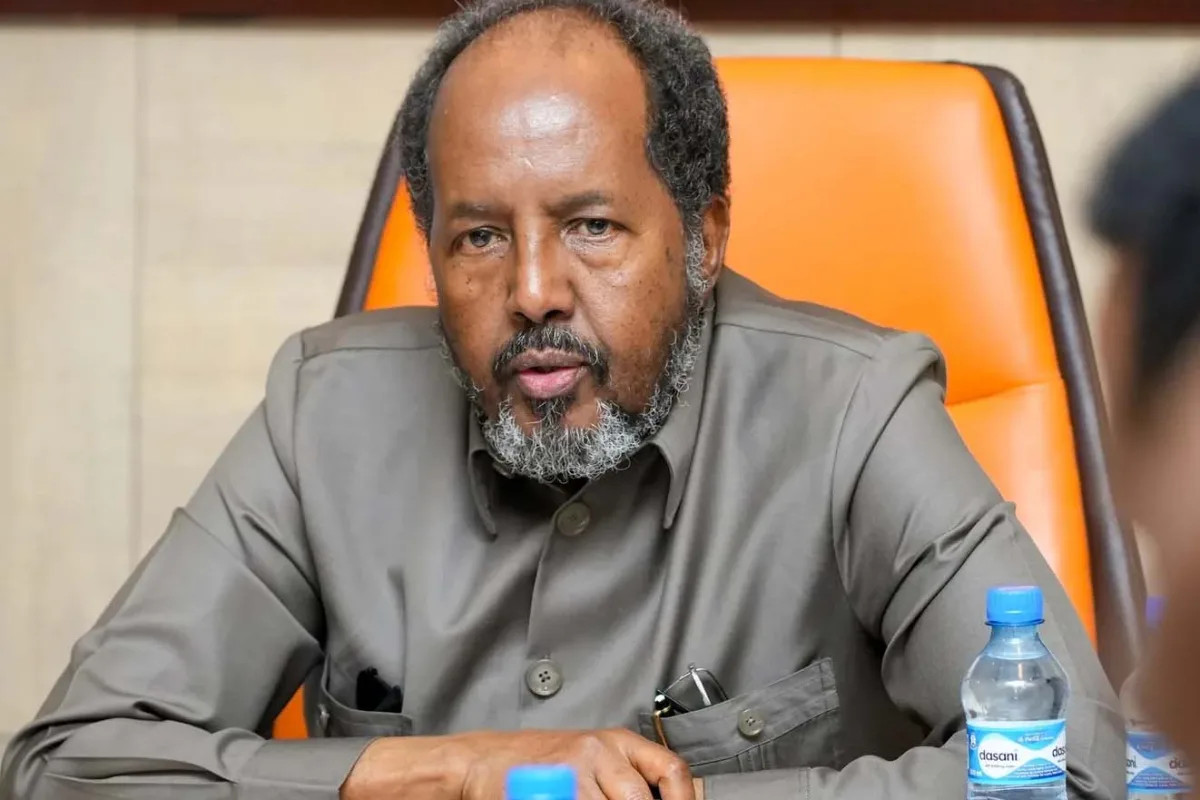
In a tumultuous meeting of Somalia’s National Consultative Council, the country’s path to democratic elections has been further complicated by deep-seated political disagreements and regional tensions.
The council, comprised of federal and regional government leaders, has once again postponed critical elections, pushing local government elections to June 2025 and federal parliamentary elections to September 2025.
The decision marks a significant departure from the original timeline agreed upon in May 2023, when regional leaders initially planned to free the country from Al-Shabaab and hold elections by the end of 2023. However, these objectives remain unachieved, with the security situation and political landscape largely unchanged.
The meeting, held in Mogadishu, was marked by notable absences and walkouts. Puntland, the largest regional government, has consistently rejected proposed election postponements and was not present at the talks. The President of Jubaland, Ahmed Mohamed Islan, also left the meeting in protest, highlighting the deep fractures within Somalia’s political system.
The Federal Government, led by President Hassan Sheikh, proposed extending the terms of regional government heads, a move that has been met with severe criticism. Former Presidents Sharif Sheikh Ahmed, former Prime Minister Hassan Ali Kheyre, and political MP Abdirahman Abdishakur issued a scathing joint statement, accusing the president of “trampling on the constitution” and threatening national unity.
Key resolutions from the NCC included submitting election-related laws to parliament and advancing the establishment of the Independent National Commission for Elections and Boundaries. However, these steps have done little to placate critics who argue that extending the terms of regional government heads is a direct affront to democratic principles.
A Volatile Future
With President Hassan Sheikh’s term set to expire in the next year and a half, political analysts warn that the continued delays and divisions could push Somalia into a potentially volatile situation. Former President Mohamed Abdullahi Farmajo has already challenged the president’s authority, stating that preventing state government elections is unconstitutional.
Puntland remains steadfast in its opposition, repeatedly criticizing what it sees as a flawed governmental process. The Jubaland administration has declared its intention to proceed with its own elections this month, further complicating the national political landscape.
As the country approaches this critical juncture, the risk of political instability looms large. The ongoing disagreements threaten to undermine Somalia’s fragile democratic process and potentially create a power vacuum that could exacerbate existing security challenges.
The situation remains fluid, with multiple stakeholders continuing to contest the proposed election timeline and approach to governance.
HORSEED MEDIA
